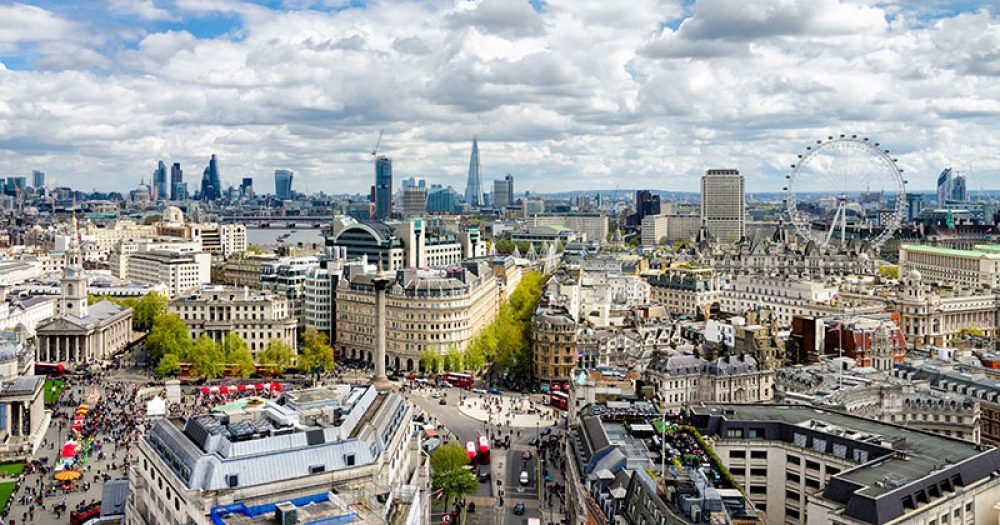Ofsted is urging the public to report suspected illegal schools, warning children risk being “robbed of their life chances” in unsafe and “squalid” settings.
The inspectorate said many unregistered schools were operating “in plain sight”, charging parents and councils thousands of pounds for a “woeful” education. Some children are being taught in disused office blocks and semi-commercial units on “drab industrial estates”.
Ofsted launched an illegal schools taskforce in 2016 to take on settings that educate pupils full-time but are not registered as independent schools.
But national director of education Chris Russell admitted in a blogpost there was “no reliable data” on the number of unregistered and therefore unregulated settings.
He warned that the more than 800 institutions probed so far are likely to be “only the tip of the iceberg”, with “many hundreds” educating children full-time without any oversight or assurances over quality.
The authorities “need the support of the public” in rooting out others, but Russell said many people – including him before he joined Ofsted – were unaware of the issue.
Such unregistered schools “intentionally operate outside the framework of regulations that protect children’s welfare, safety and education standards”. They are often “badly maintained, unsafe and squalid, with poor fire safety and inadequate hygiene facilities”.
Russell also heightened the pressure on the government to tighten regulation. Ofsted has repeatedly called for more powers and stricter rules. Only four cases have been prosecuted since the taskforce was launched in 2016.
“Institutions have learned how to operate on the cusp of the law by exploiting loopholes, while government’s ability to regulate them effectively continues to lag behind. This means that in some cases, these places operate in plain sight.”
Schools Week reported earlier this year on criticism of government delays clamping down on such providers. It is several years since the government promised new measures to stop allowing sites to avoid registration and introduce a register of children missing from education.
While councils like Hackney have sought to clamp down themselves on unregistered providers, others have come under fire for sending pupils to be educated in them.
Ofsted has previously said one council paid an unregistered alternative provision provider £27,000 a year per pupil. Pupils sat around “playing computer games”.
Six councils paid £1,200 a week to send pupils to Freiston Hall in Lincolnshire, which saw three leaders convicted in 2019. Essex council admitted it knew it was unregistered before sending two “exceptionally vulnerable” children there.
Ofsted has now published guidance on how to report possible unregistered settings for investigations on the Gov.uk website.












With the news of the ceiling collapse earlier today and the effects of that impacting on students and their families, the regular inspection of schools (independent or not) is important. If parents don’t elect to home educate, then the they are legally required to send their children to school. It is only right that that ALL settings should be subject to basic checks for safety and welfare.
Indeed, it’s awful that children be robbed of their life chances in unsafe settings or that their schools be office blocks surrounded by concrete and pollution. Oh wait, that’s just the state schools. Yeah, God forbid anyone want better for their children. Into the pot, fellow crabs!